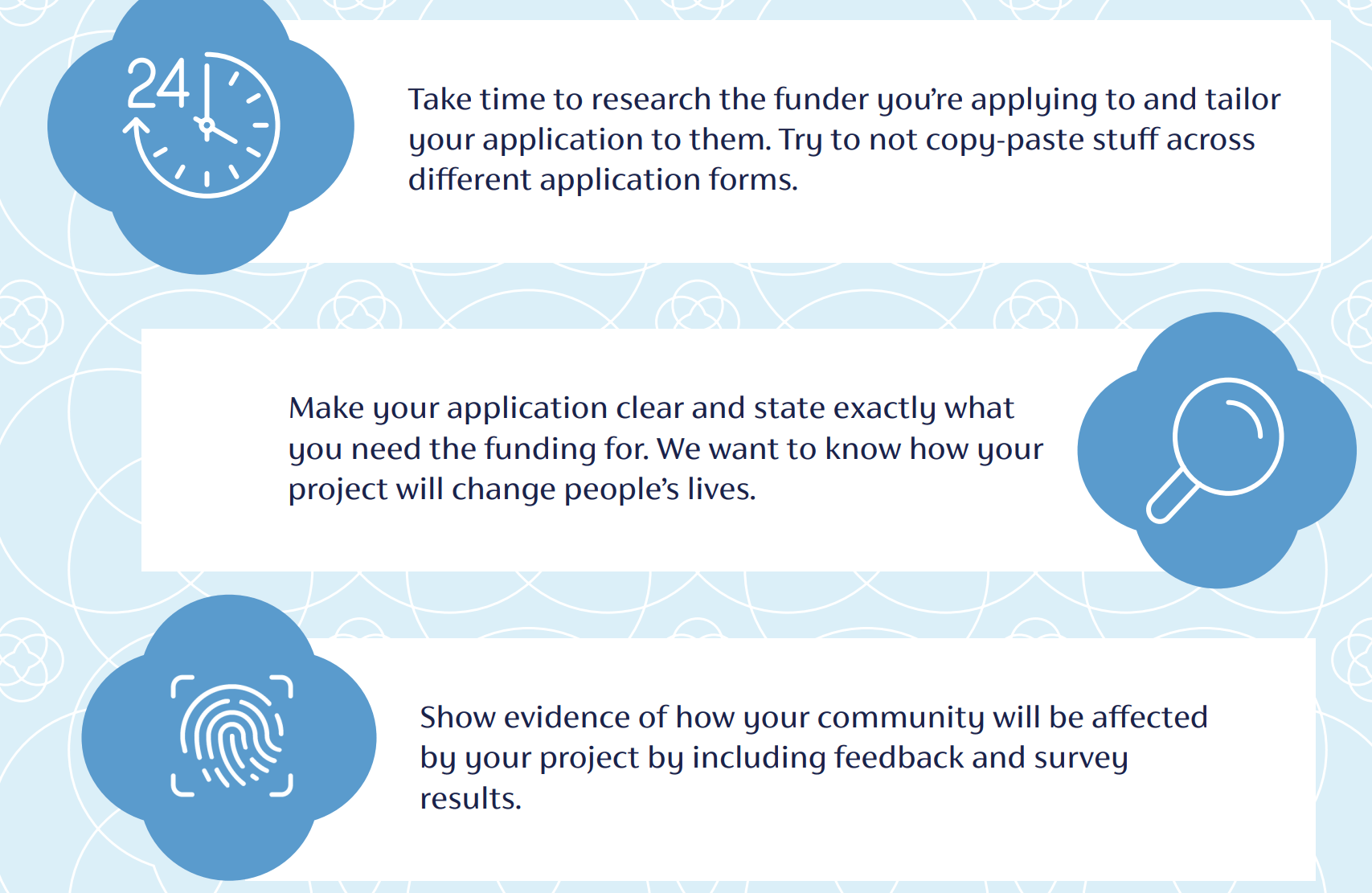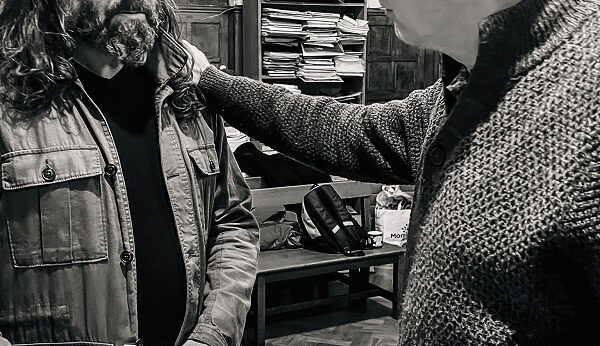Staging Gethsemane


Simon Carter played Jesus in the Nottingham Passion Play last Easter. Listen to him explaining how they rehearsed this scene in the video above and read more about it in his blog posts here.
You don’t need to have been Jesus, kneeling in a garden, crying his eyes out, pouring his heart out, to know about abandonment, and to show to an audience what abandonment looks like. I’ve known how it’s been to feel abandoned in my life. How about you? I’ve known how it’s felt to not want to have to endure something, to not want to go through an ordeal. How about you? I’ve known how it’s felt to want something stark, painful and terrifying taken away from me. I’ve known how it’s felt to not understand the reason why I must do the something stark, painful and terrifying. How about you?
You don’t have to believe that Jesus was the son of God to believe that Jesus knew about human suffering. It’s beyond doubt that Jesus experienced human suffering himself. He’s been where we’ve been, felt what we’ve felt. So much more besides.
Gethsemane is human suffering writ large, and the abandonment that Jesus feels is the worst abandonment of all. To feel, in his agony, that God is absent. To feel utterly alone in the universe. I think that many of us will have felt this way in our darkest times. Such a desperate speech.
It seems to me that the themes touched on in the Gethsemane scene (and indeed across the whole play) are so universal as to be relatable to everyone, wherever we stand spiritually.
As James says in the Left Lion article: ‘whether people believe or not, the story touches on a profoundly emotional, spiritual level … the themes of sacrifice, love, betrayal, and desperation – it has it all.’




